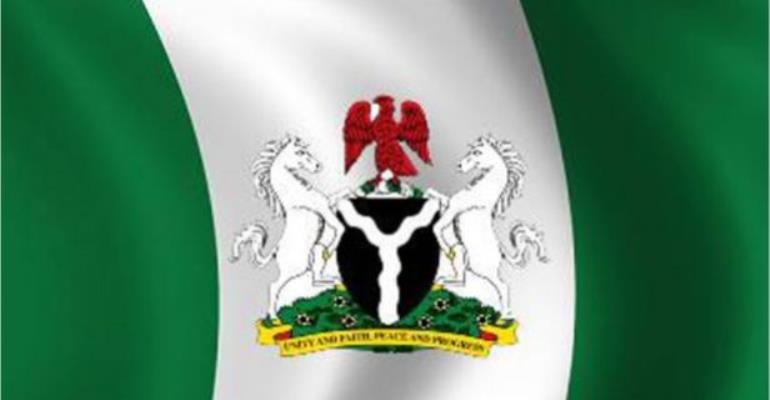No fewer than 4,000 women from the rural areas across the 23 local government areas of Kaduna State are to benefit from the Federal Government’s grant under its National Social Investment Programme (NSIP).
The Minister of Humanitarian Affairs, Disaster Management and Social Development, Hajiya Sadiya Umar Farouq, said this at the inauguration of the Rural Women Cash Grant programme on Wednesday in Kaduna.
She said that the gesture would help to give a helping hand to some of the poorest and most vulnerable citizens in the country as a clear demonstration of the government’s commitment to collectively address some developmental challenges Nigeria is grappling with.
The Minister who was represented at the event by the Permanent Secretary, Bashir Alkali, said that NSIP had been adjudged as the largest social protection programme in Africa with over $1billion earmarked annually to cause positive changes in the lives of the poorest and most vulnerable citizens in the country.
She said that the present administration is committed to reducing the plights of the poor and vulnerable citizens in the country despite the economic slump and revenue challenges.
The minister said that since the introduction of the programme in 2016, it had impacted positively on the lives of the poor and the vulnerable in the country as no fewer than 12 million households had benefitted from NSIP interventions.
“This included the payment of a monthly Conditional Cash Transfer (CCT) of N5,000.00 to one million indigent Nigerians to protect them against economic shocks and remove them out of poverty.
“Also, 1,092,405 micro and small business owners accessed loans to boost productivity, increase income and reduce poverty under the Government Enterprise Ehancement Programme (GEEP),” she said.
The minister also explained that the Grant for Rural Women programme was introduced in 2020 to sustain the social inclusion agenda of President Buhari-led Administration.
” It is consistent with the President’s new national vision of lifting 100 million Nigerians out of poverty in 10 years.
“It is also designed to provide a one-off grant to some of the poorest and most vulnerable women in rural and peri-urban areas of the country.
“Cash grant of N20,000.00 will be disbursed to about 125,000 poor women across the 36 States of the Federation and the FCT.”
The minister said that the grant would increase income and productive assets of target beneficiaries.
“It is our hope that the beneficiaries of this programme will make good use of the grant to generally contribute toward improving their living standards,” she said.
According to her, with the creation of the Federal Ministry of Humanitarian Affairs, Disaster Management and Social Development in 2019, the programmes are being restructured and revamped to respond to the peculiarities of different parts of the country, to ensure the right beneficiaries are targeted, and to enhance impact on target beneficiaries.
She appreciated Gov. Nasir el-Rufai as a dependable partner especially when it comes to promoting the plights of the poor and the vulnerable.
In her remarks, the Kaduna State Deputy Governor, Dr Hadiza Balarabe, said that the decision to give out these grants to rural women could not have come at a better time than now, when citizens were grappling with the adverse impact of COVID-19 pandemic on livelihoods.
She said that 34,946 poor and vulnerable households from nine local government areas benefitted from the Conditional Cash Transfer Programme last year.
According to her , the State Government funded the scaling up of the Social Register to all LGAs. As such, enrollment of an additional 36,326 households is ongoing in the newly included 14 LGAs in the State.
The Deputy Governor also said that the State was having a robust Social Protection Policy whose main thrust is to have in place a well-structured integrated social protection system that is capable of meritoriously reaching the poorest and most vulnerable citizens.
“The implementation plan of this policy has several additional interventions that cut across nutrition, agriculture, youth unemployment and social insurance and pensions for the informal sector,” the deputy governor said.
She called on the beneficiaries to reciprocate the government’s gesture by making use of the support they would be receiving to enhance their livelihoods.
